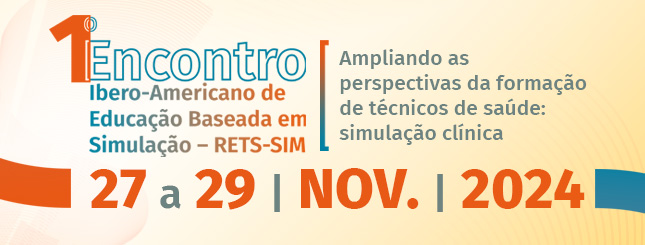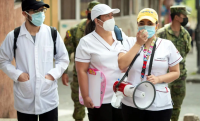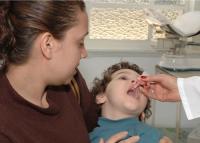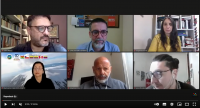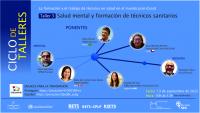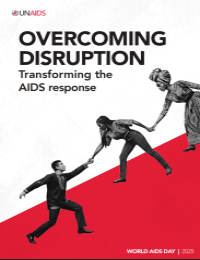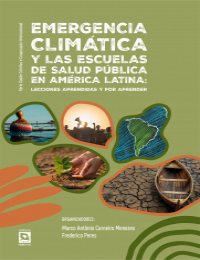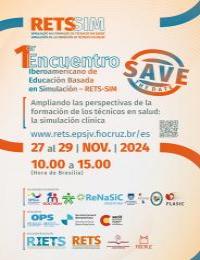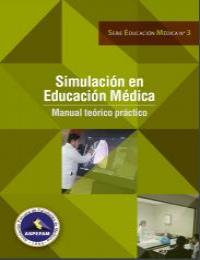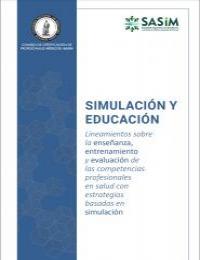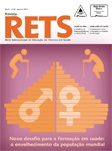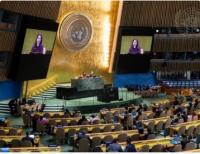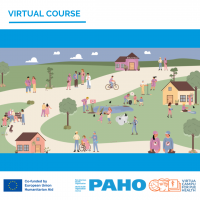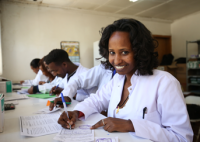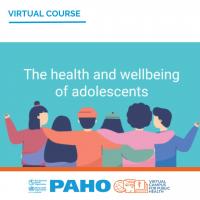-
10/18/2022 - A new UN report shows that women’s and children’s health has suffered globally, as the impacts of conflict, the COVID-19 pandemic and climate change converge, with devastating effects on prospects for children, young people and women. Data presented in the report show a critical regression across virtually every major measure of childhood wellbeing, and many key indicators of the Sustainable Development Goals (SDGs).
-
10/06/2022 - Latest edition, realesed ate the 30th Pan American Sanitary Conference, details the impact of the pandemic, highlights a reduction in life expectancy and presents lessons for the future.
-
09/26/2022 - The Pan American Health Organization Director (PAHO) has called on countries to urgently strengthen surveillance and routine vaccination campaigns. “We must not take the lifesaving power of vaccines for granted”.
-
09/16/2022 - With the collaboration of the International Network for the Training of Health Technicians (RETS) and its sub-networks, as well as with the support of the Pan American Health Organization, the Center for International Relations of Fiocruz and VideoSaúde, the Joaquim Venâncio Polytechnic School of Health (EPSJV/Fiocruz) held, on September 13, the workshop "Mental Health and the Training of Health Technicians" as part of the 2nd Cycle of Workshops "The Training and Work of Health Technicians in the Post-Covid-19 World".
-
09/14/2022 - As the number of weekly reported deaths from COVID-19 plunged to its lowest since March 2020, the head of the World Health Organization (WHO) said on Wednesday that the end of the pandemic is now in sight.
-
09/01/2022 - The upcoming event of the Cycle of Workshops The training and work of health technicians in the post-Covid world will be held on Tuesday, September 13, at 10 a.m. (Brasilia) and will deal with mental health. The current executive secretary of the Andean Health Organization - Hipólito Unanue Agreement (Oras-Conhu), María del Carmen Calle Dávila, will open the event, whose speakers will be: Dênis Petuco (EPSJV/Fiocruz - Brazil), Jesus Morales Romero (Universidad Central de Chile) and Jorgelina Diorio (Universidad de Buenos Aires and Intercambios Asociación Civil - Argentina). The workshop will be transmitted in Portuguese and Spanish. A certificate of participation will be sent to those who wish to attend.
-
08/30/2022 - Newly established global estimate on hygiene reveals the risk of disease spread and infections to patients and health care providers. Around 3.85 billion people use these facilities, putting them at greater risk of infection.
-
08/15/2022 - A group of global experts convened by WHO has agreed on new names for monkeypox virus variants, as part of ongoing efforts to align the names of the monkeypox disease, virus and variants – or clades – with current best practices. The experts agreed to name the clades using Roman numerals.
-
08/04/2022 - Healthy life expectancy in the African region increased by an average of 10 years per person between 2000 and 2019, according to a new report from the World Health Organization, WHO. This increase is greater than in any other region of the world during the same period. The study also notes that the impact of the Covid-19 pandemic may threaten these gains.
-
07/25/2022 - Con más de 16.000 casos de viruela símica reportados en 75 países del mundo desde principios de mayo de 2022, el Director General de la Organización Mundial de la Salud (OMS), doctor Tedros Adhanom Ghebreyesus, declaró que el brote de la enfermedad constituye una emergencia de salud pública de importancia internacional.

